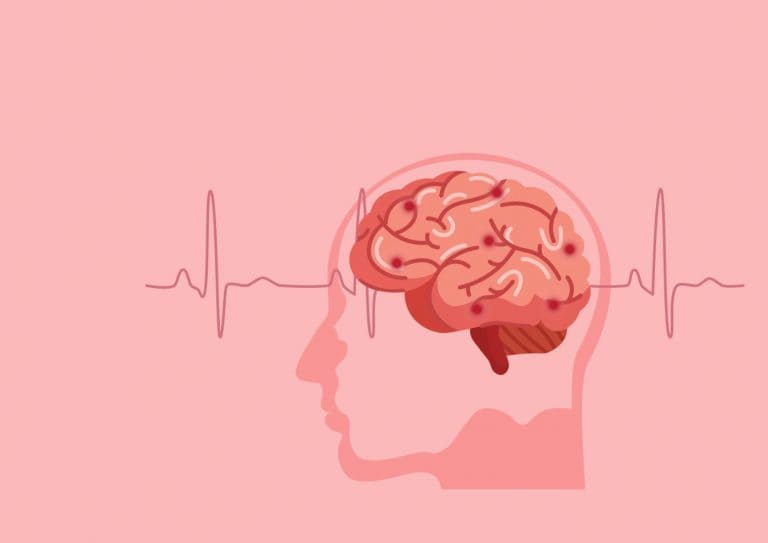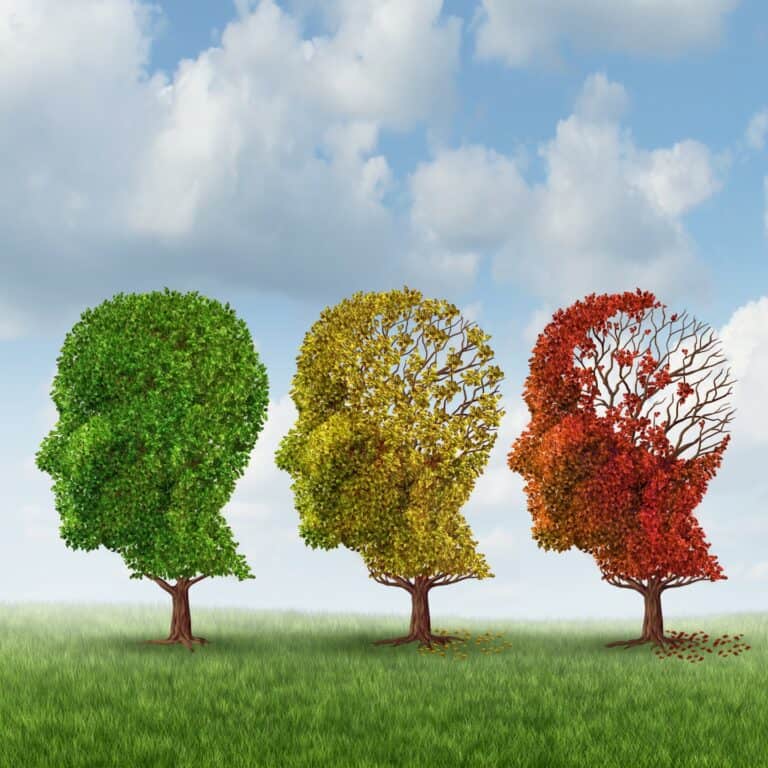
‘But I thought only old people had strokes’ – What can you do if you, a family member or a loved one has been a victim of ‘young stroke’
Stroke tends to be considered as an illness of old age, and although it is true that your stroke risk increases with age, ‘young stroke’ in the UK population is increasing, with around 25% of strokes occurring in people of working age. Almost half of those (12%) are in people under age 45.
What causes ‘young stroke’?
Around half of ‘young strokes’ are ischaemic, i.e. caused by a blood clot, and it is thought that these strokes are primarily due to the same factors as in older stroke sufferers – so things like high blood pressure, diabetes, obesity, smoking, and a sedentary lifestyle.
Other strokes in young people can be caused by previously undiagnosed heart-related conditions, such as Patent Foramen Ovale (PFO). Around 1 in 4 people have small holes in the two atria of the heart. PFO’s don’t usually cause problems but occasionally a clot from the venous system travels across the PFO into the left atrium and is then pumped out into the body, lodging in the brain.
Arterial dissection (trauma to a blood vessel) is another cause of stroke in young people. Most arterial dissections occur spontaneously, but they can be caused by direct trauma, such as an impact during sporting activity, or a car accident.
For some young stroke sufferers, an exact cause is never identified.
Why are more young people having strokes?
No-one really knows for sure why more young people are having strokes, but there are a few theories.
As touched upon above, lifestyle factors may play a part in some strokes suffered by younger people. High blood pressure and diabetes are risk-factors for stroke that can be contributed to by lifestyle factors such as poor diet and a sedentary lifestyle.
The increasing numbers of young stroke, may, in part, also be due to increased awareness of the warning signs of stroke and improved imaging, meaning that strokes that might previously have been missed, are now being picked up.
What are some of the specific challenges faced by young stroke survivors?
Stroke can cause number of ongoing problems for survivors including difficulties with mobility, fatigue, cognitive ability, speech and memory problems.
The long-term complications can impact on all aspects of a stroke survivor’s life, and for young people, the following are just a few areas of their lives that may be particularly difficult to deal with:
- Family life – Young stroke survivors may find their role in the family has changed because of the stroke. Depending on life stage, this may mean moving back in with parents, relying on other people to care for their children, or not being able to support yourself or others financially. All of these ‘steps backwards’ can be difficult to come to terms with.
- Education or work – Young stroke survivors may still be in education or they may have many years of work remaining before they reach retirement age. Some stroke survivors will not be able to continue in education or work, although others may be able to in some capacity with the right support.
- Socialising and relationships – Relationships with friends and romantic partners can be put under serious strain following stroke. Existing relationships may break down and it is often difficult to form new relationships.
- Public spaces – Stroke disability can frequently be a ‘hidden disability’ so young stroke survivors might struggle and feel misunderstood in situations where they are dealing with somebody who isn’t familiar with their difficulties. This can sometimes lead to a loss of confidence.
One ‘positive’ is that younger people tend to make better recoveries from stroke damage. This may be connected to the younger brain’s increased neuro-plasticity – i.e. its ability to create new ‘brain circuits’ to replace those damaged by the stroke.
What should I do if I am concerned about a delay in stroke diagnosis or treatment?
Diagnosis and treatment of stroke is extremely time-critical. For ischaemic stroke in particular, rapid diagnosis is essential for clot-busting drugs to reduce the level of damage done to the sufferer’s brain. The longer the brain of a stroke sufferer is deprived of oxygenated blood, the greater the chance of them suffering serious disability.
However, because stroke tends to be seen as a disease of older people, it can sometimes take longer for young people to get their stroke diagnosis, even if they have classic stroke symptoms.
The sad fact is that young stroke sufferers may be overlooked or dismissed. I dealt with a claim for a client who attended his GP with symptoms indicative of a stroke. Unfortunately, his doctor did not ensure he was urgently assessed by the correct hospital team, and he subsequently suffered a larger, catastrophic stroke.
The FAST test for stroke (Face, Arms, Speech, Time) which has been widely publicised is supposed to ignore age, but sadly, this guidance doesn’t always appear to be followed.
Delays in diagnosis and treatment can leave young stroke victims with devastating cognitive and/or physical disabilities that would otherwise have been avoided.
If you are concerned that the diagnosis or treatment of your stroke was delayed, or, if you are concerned about the diagnosis or treatment for stroke of a family member or loved one, you should seek legal advice to assess whether the delay in diagnosing/treating the stroke was negligent.
For a free, no obligation chat, please call us on 020 3925 9638.










